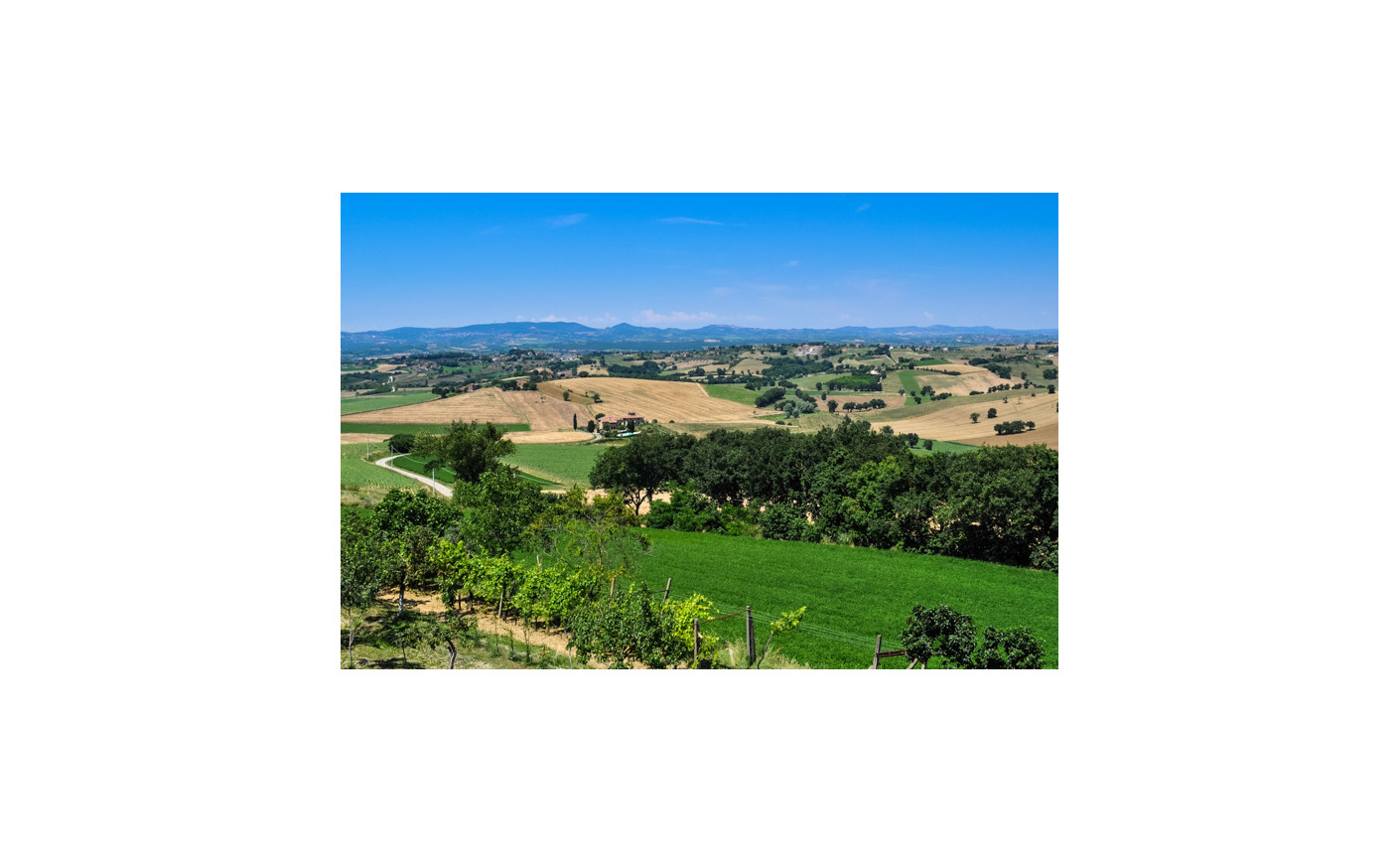
Cultivating the land to save it
In the last 30 years, some 3 million hectares of agricultural land have remained uncultivated: spaces that were once cared for and maintained for the family's livelihood. Today, from the new generations, inheriting agricultural land is an uncomfortable and expensive commitment. More than a million farmers, in the 1980s, left the countryside to hope for a
better future in big cities. Even today, the possession of agricultural land is considered unprofitable. This depopulation has left our territory devoid of care and attention.
Any form of cultivation requires good water governance, these activities related to the 'regiimation' of water result in the much-desired maintenance and protection of the territory, which involve a significant reduction in the exposure of the slopes to the risk of landslides and valley bottoms to the risk of flooding. The spread of destructive botanical diseases, which are changing the physiognomy of typical Italian landscapes, can also be traced back, in addition to climate change and globalization, the absence of pruning, grass cutting and periodic treatments of tree crops. These activities, simple but constant, allowed to have greater control over a territory, in some ways impervious, such as the Italian one. The human presence of the farmer at work in his fields is to be considered as a constant garrison on the territory, also depending on the common good, understood as improvement of the landscape aspect, ordinary maintenance, control and correction of simple geological problems. The ageing of the general population has contributed even more to the loss of this human heritage, which is essential to ensure a good state of maintenance of the national territory.
An active repopulation of agricultural territories, with young entrepreneurs and direct farmers, would lead to a new and more orderly landscape configuration, precious for the state of health of our territory largely abandoned to neglect. This new generation will, however, have to know how to dose human activities, respecting nature, avoiding an excess of agricultural mechanization, intensive crops in areas not suitable or in need of deep soil processing with consequent geological landslides.
For this reason, Dr. Marchetti, a young surgeon, with a great spirit of sacrifice and laboriousness, despite the pitfalls of the times, tenaciously carries on his project of cultivation and ethical production of healthy food products, which reflect his attention to prevention but also a careful protection of the landscape to which he is so emotionally attached.
Silvia Barrucco

All comments